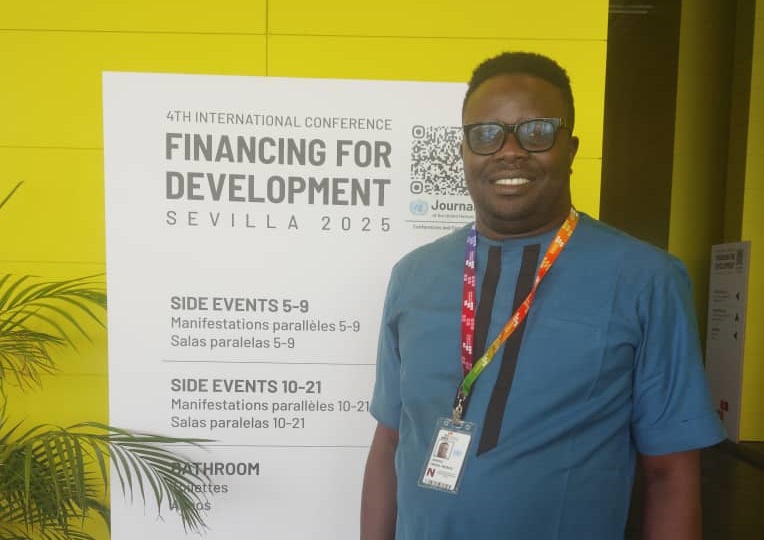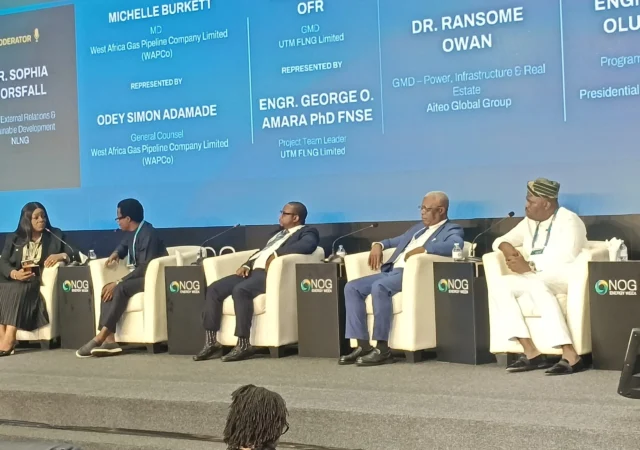As the 4th International Conference on Financing for Development (FfD4) took center stage in Seville, Spain, the streets outside the meeting halls told another powerful story—one led by African civil society organizations demanding a just, inclusive, and people-centered global financial system.
Among the frontline voices was Connected Advocacy, a youth-led climate justice and environmental rights organization from Nigeria, actively aligning with the principles of the #SevillaDeclaration.
The Sevilla Declaration, now echoing across global policy circles, calls for an overhaul of the global financial architecture to reflect the lived realities and challenges of underserved communities.
For Connected Advocacy, this moment is more than symbolic—it is a clarion call to center the voices of those who are most impacted by climate change and economic exclusion, particularly in Africa.
“Development must be just, inclusive, and deeply rooted in local context. The new financial order must be one that prioritizes people, not profits,” noted Prince Israel Orekha, Executive Director of Connected Advocacy.
Orekha laid emphasis on the structure of the current global financial and development models, which often sideline the very communities they aim to serve. Echoing the Sevilla Declaration, Orekha put forward a set of bold recommendations which could ensure that the benefits of economic growth and climate action reach the grassroots:
1. Localised Finance Flows
Financial mechanisms must directly reach local communities through joint venture investments that include public institutions, private sector, civil society organizations, and social enterprises. Such ventures must be designed with local realities in mind and structured for shared benefit.
2. Targeted Investment in Clean Energy Access
Clean, renewable energy should be a core component of social protection programmes, especially in rural and underserved areas. This not only accelerates climate action but also safeguards vulnerable populations from energy poverty.
3. Dedicated Funds for Youth and Women
Connected Advocacy is calling for a ring-fenced portion of national GDP and remittance flows to be allocated for youth and women-led innovation in climate and environmental solutions. This would create decent jobs, build the green skills sector, and drive inclusive growth in Africa and other regions of the Global South.
“We cannot talk about financing for development while ignoring the structural inequalities that trap millions in poverty and vulnerability,” stated Prince Israel Orekha, Executive Director of Connected Advocacy. “Africa’s youth and local communities should not just be seen as beneficiaries; but as partners in shaping a resilient, equitable future.”
The organization also underscored the importance of data-driven design and policy accountability, urging that development strategies must incorporate real evidence from frontline communities to improve their impact and sustainability.
By joining global voices in Seville, Connected Advocacy reaffirmed the need for a shift in how development is financed: from top-down models to bottom-up solutions that genuinely empower people.
As momentum builds behind the #SevillaDeclaration, Connected Advocacy and its allies across the continent are setting a precedent—reminding world leaders that climate justice and economic justice are inseparable, and that true progress begins by listening to those on the frontlines.







